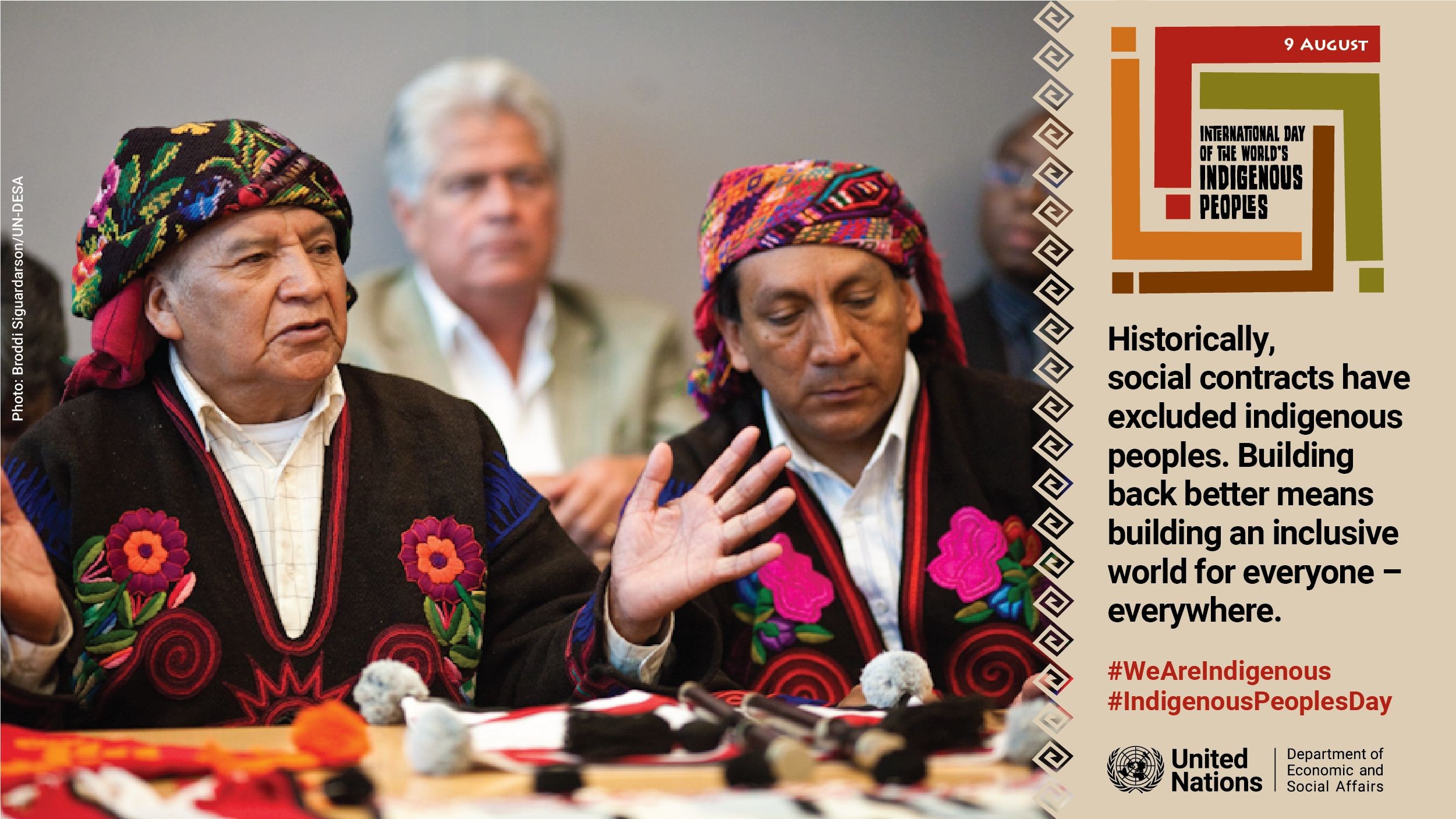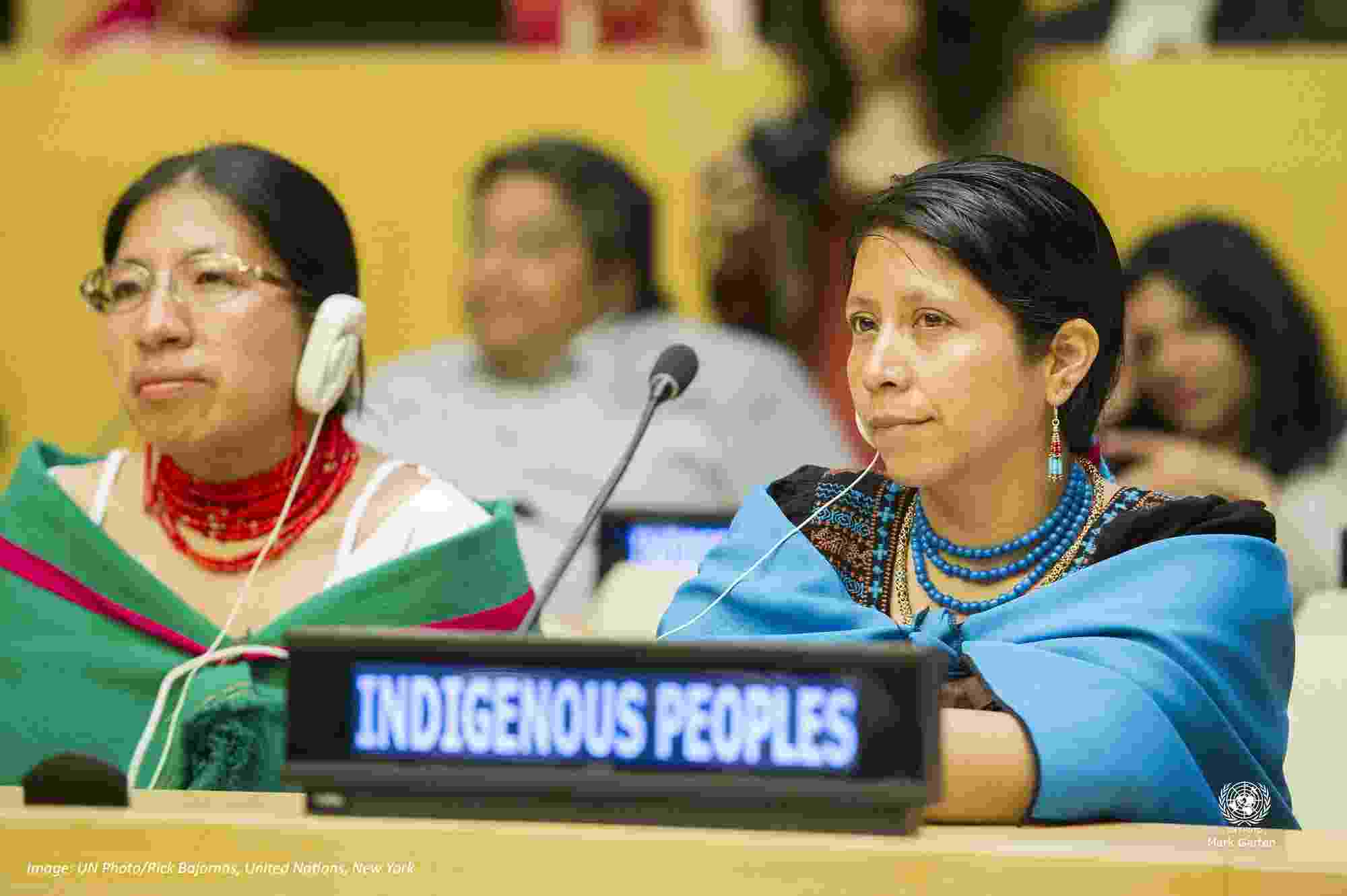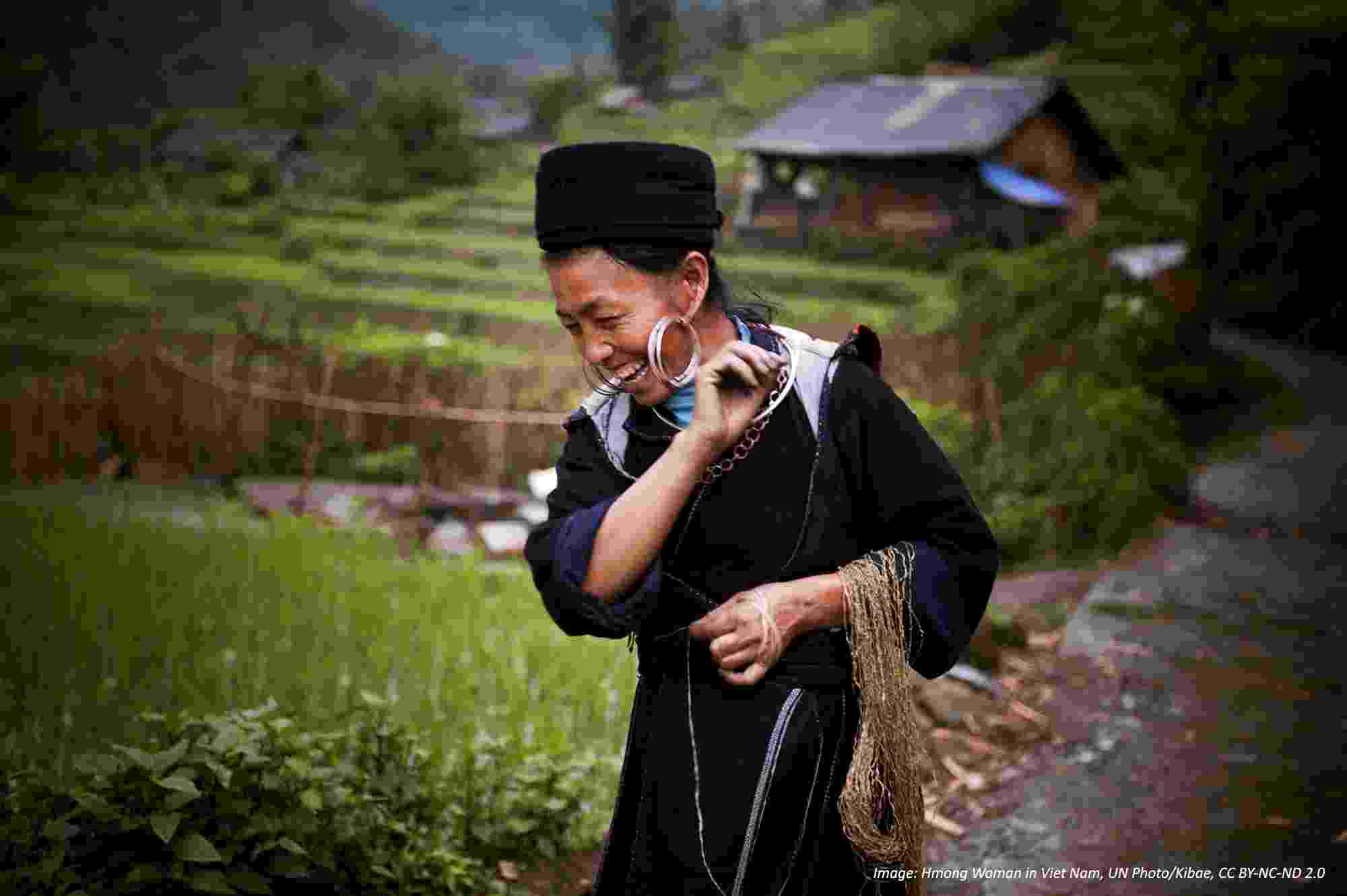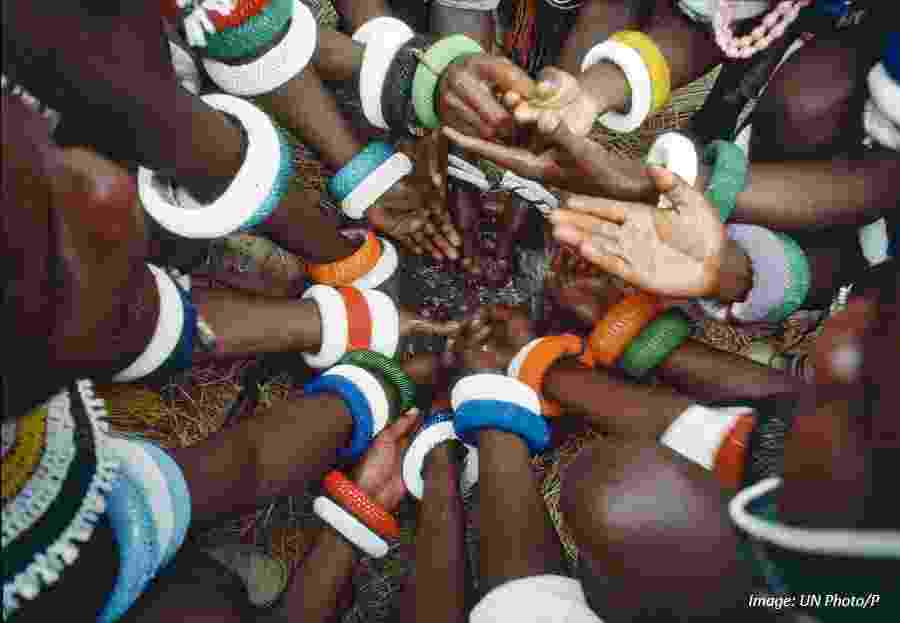Leaving no one behind: the UN International Day of the World's Indigenous Peoples
Indigenous peoples and the call for a new social contract
10 August 2021



Participants at an interactive dialogue on the theme “Indigenous Peoples’ Right to Education”
This year, the theme of the UN's International Day of the World's Indigenous Peoples is ‘leaving no one behind’, demanding indigenous peoples’ inclusion, participation, and approval in social contracts around the world. Indigenous populations across the globe suffer poverty, illness, discrimination, institutional instability, financial insecurity, and other inequalities, as a result of exclusion, extraction, and marginalisation.
Many indigenous peoples were never included in social contracts to begin with, and over recent years various societies and organisations have sought to address these inequalities. But more is needed; as the UN notes, new social contracts “must be based on genuine participation and partnership that fosters equal opportunities and respects the rights, dignity and freedoms of all”.
Indigenous peoples account for 6.2 per cent of the global population, with 476 million peoples living in 90 countries across the world. With a huge breadth of knowledge systems, and a vast diversity of unique cultures, traditions, and languages, indigenous peoples have a special relationship with their lands, holding diverse concepts of development based on their own worldviews and historical territorial connection.
The vital role of indigenous peoples was recognised in the 2007 UN Declaration on the Rights of Indigenous Peoples (UNDRIP). Indigenous knowledge systems and languages contribute directly to biological and cultural diversity, poverty eradication, conflict resolution, food security and ecosystem health, and serve as the foundation of the resilience of indigenous communities to the impact of climate change.


A Hmong hill tribe woman at work in Sin Chai, Viet Nam
With official traditional indigenous territories estimated at covering just 28 per cent of the world’s land surface, yet containing 80 per cent of the earth’s remaining healthy ecosystems, indigenous peoples who hold traditional knowledge about how to protect nature are vital to protecting future global biodiversity. As Garnett and colleagues note, “recognising indigenous peoples’ rights to land, benefit sharing, and institutions is essential to meeting local and global conservation goals”.
Their closeness to the land has enabled indigenous communities to live in close relationship with nature, actively managing the biodiversity of their territories, defending them from outside exploitation: many see their role as protecting the Earth. Their knowledge and wisdom offers information and interpretations that complement scientific data and can fill knowledge gaps, and they are often regarded as better placed than scientists for providing information on local biodiversity and environmental change.
Research has found that the human impact on nature is significant on lands managed or held by indigenous peoples and local communities (IPBES Report). With the global collapse of biodiversity largely stemming from a dominant worldview that separates humans from nature and encourages excessive exploitation of natural resources, we need to incorporate indigenous respect for nature into global conservation efforts.
The inclusion of indigenous communities is essential to many aspects of our own work. The Hub’s methodology is based on a systems thinking approach, designed to aid us in interpreting the complexities of reality – in this case, the complete picture of global water security - grounded in multiple local perspectives. Systems thinking creates the ideal environment for transdisciplinarity, allowing for different perspectives to be shared and communicated, so that we can make sense of the whole water ‘picture’ together.


Colourfully banded arms of young men of the Ndebele tribe of South Africa
The Hub’s research has explored new methods to help stakeholders understand complex socio-ecosystems, recognise interactions between the systems’ components and actors, and ultimately create sustainable public policy for water and food security, health, and climate change adaptation. By working with communities to integrate their knowledge into the research process, we have been able to identify their needs and constraints, and collectively create localised solutions. Indigenous communities can be a real force for change, and the knowledge gained from working with communities is fundamental in understanding the bigger picture around water values.
We must work with indigenous peoples as partners to understand and respect indigenous ways and worldviews.
Images:
'Event Marking International Day of the Indigenous Peoples', UN Photo/Rick Bajornas, United Nations, New York, CC BY-NC-ND 2.0
'Hmong Woman in Viet Nam', UN Photo/Kibae, Sin Chai, Viet Nam, CC BY-NC-ND 2.0
'Ndebele Tribe in South Africa', UN Photo/P, CC BY-NC-ND 2.0



